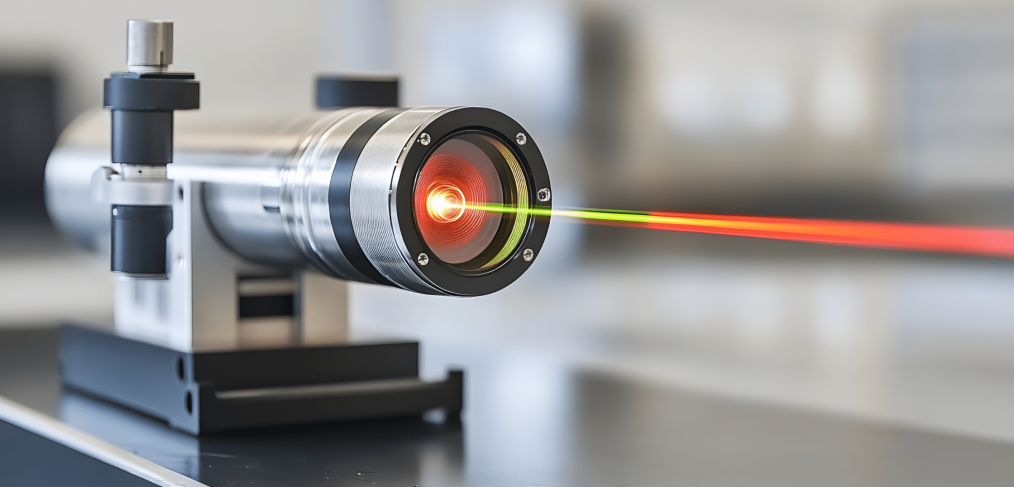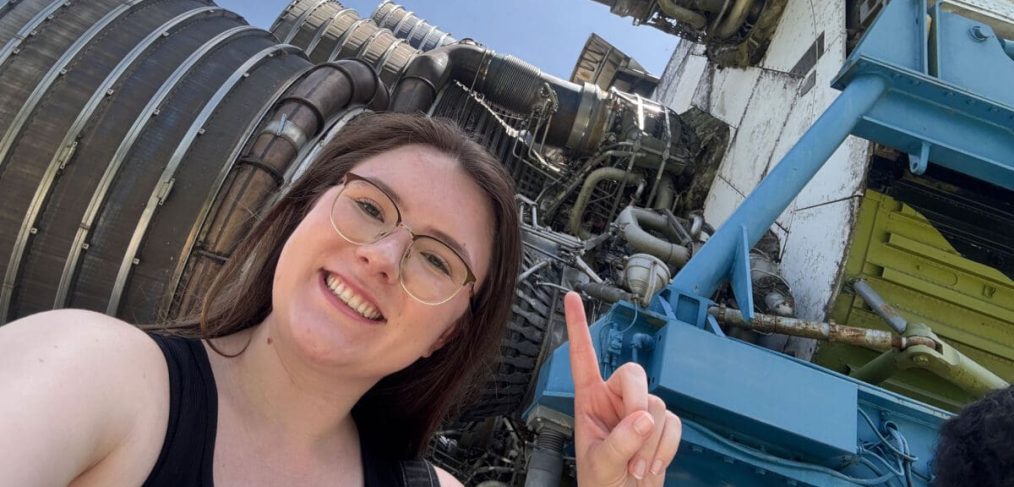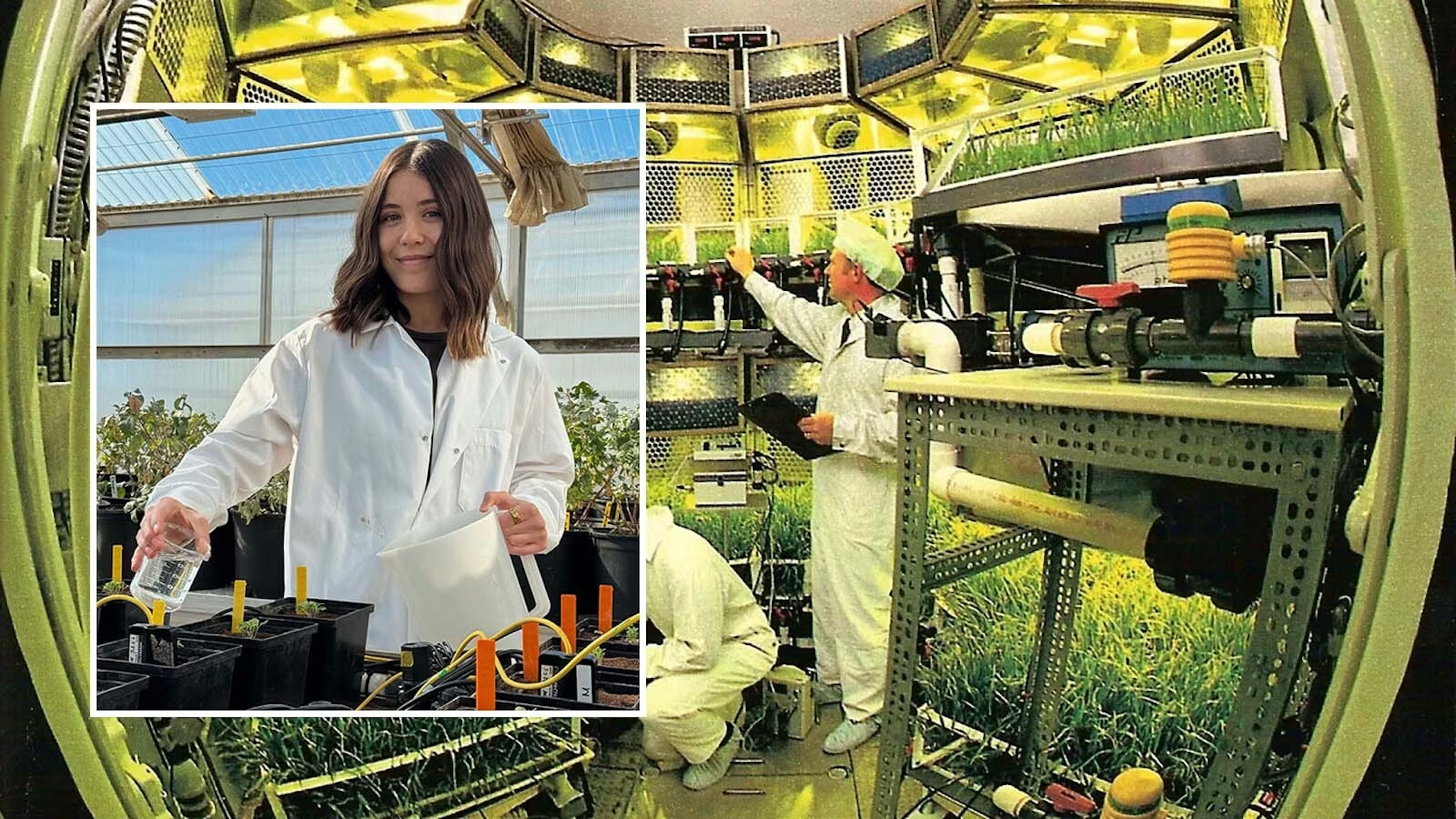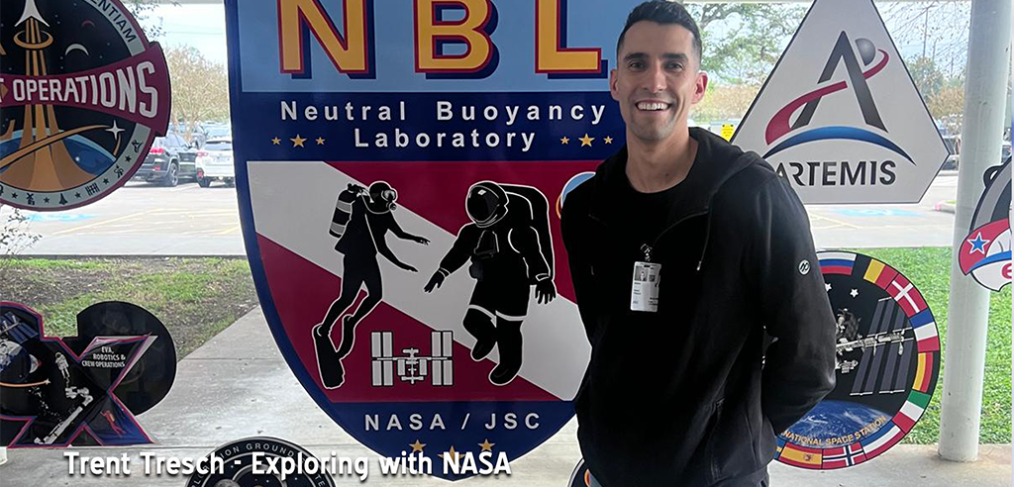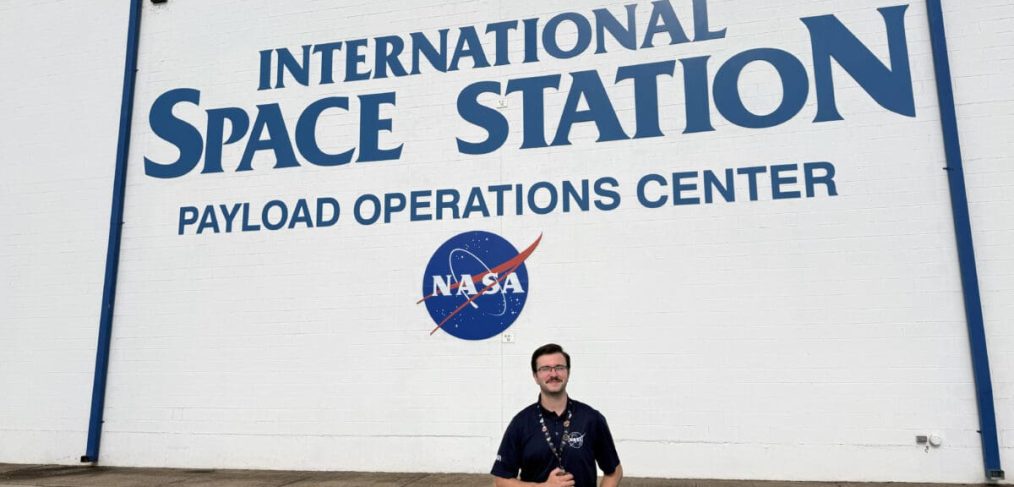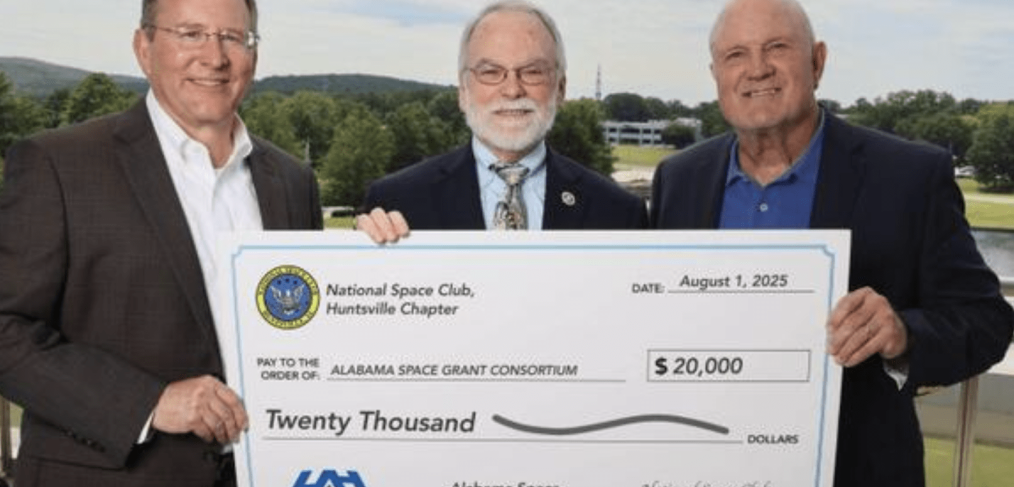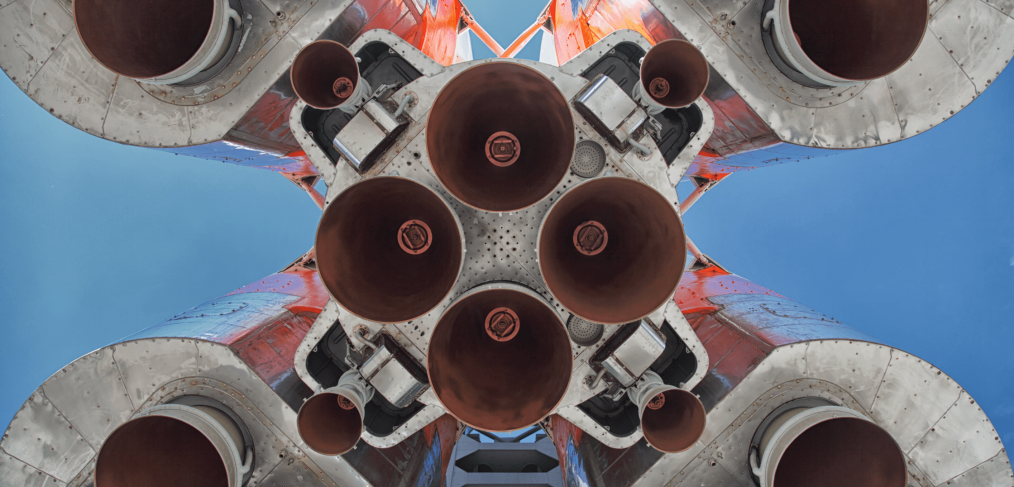Researchers from the College of Engineering, Architecture and Technology are taking a significant step toward accelerating the design and certification of advanced aerospace materials through a new multiscale modeling initiative, supported by a three-year $750,000 NASA grant.
The project is led by Oklahoma State University and includes investigators from the University of Oklahoma. The science principal investigator is Dr. Wei Zhao, assistant professor for the School of Mechanical and Aerospace Engineering, and professor Andrew Arena, director of the Oklahoma Space Grant Consortium and Oklahoma NASA EPSCoR, is the administrator of this project. The co-investigators include Dr. Pankaj Sarin, associate professor for the School of Materials, Mechatronics and Manufacturing Engineering and Dr. Peter Attar, associate professor at OU.
The project brings together OSU’s growing expertise in computational mechanics, advanced composite materials, high-performance computing, and next-generation aerospace and space systems.
At the core of the research is a challenge that has slowed innovation for decades: the difficulty of predicting how complex materials behave across multiple length and time scales in real-world engineering problems.
Zhao notes that, much like a rope whose strength depends on the integrity of its smallest fibers, material performance at the structural scale is directly tied to what happens at the microscopic level.
Read the full article on: news.okstate.edu
Original Post Date: 12.18.25
Author Credit: Desa James | Communications Coordinator | 405-744-2669 | desa.james@okstate.edu
Image Credit: OSU




